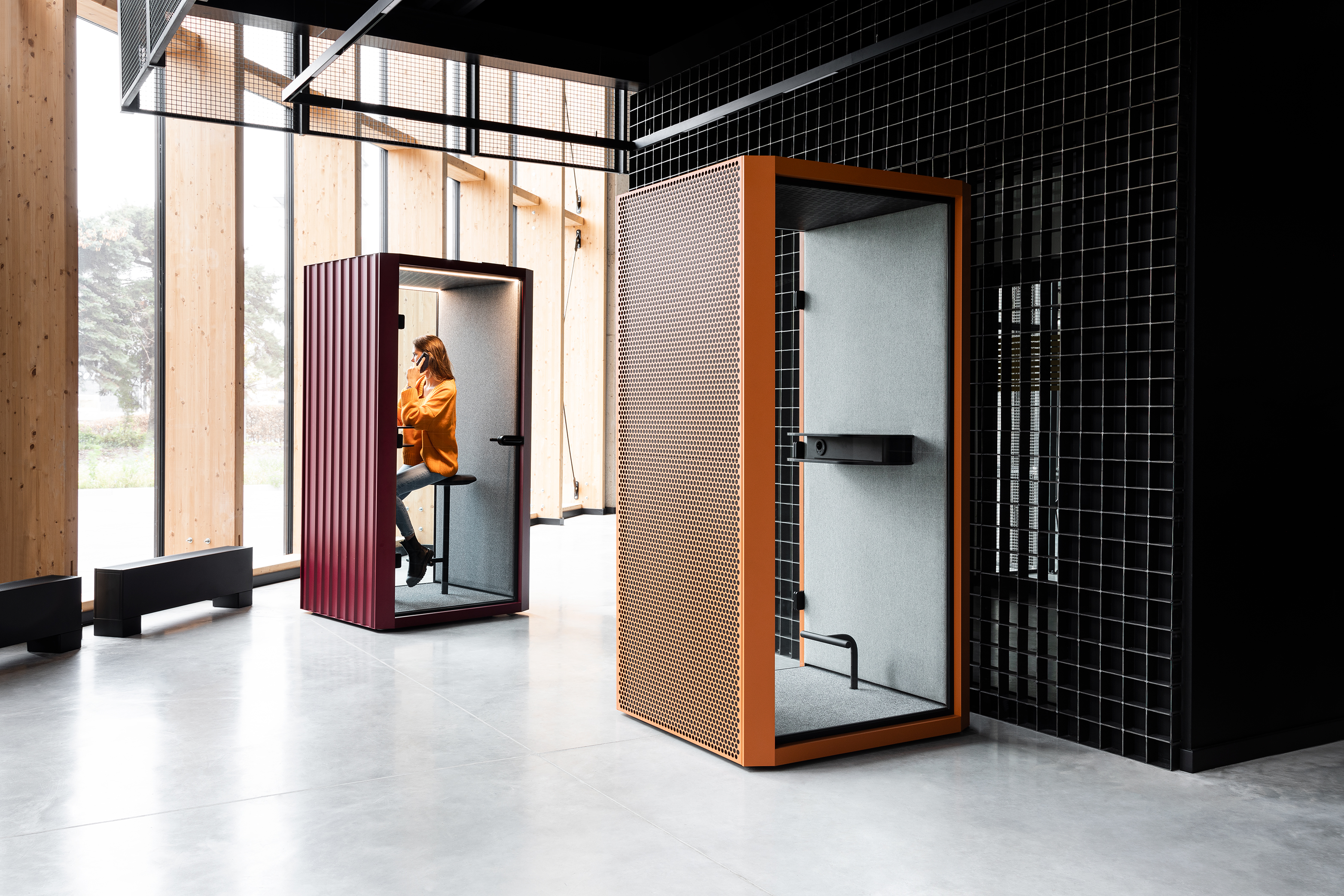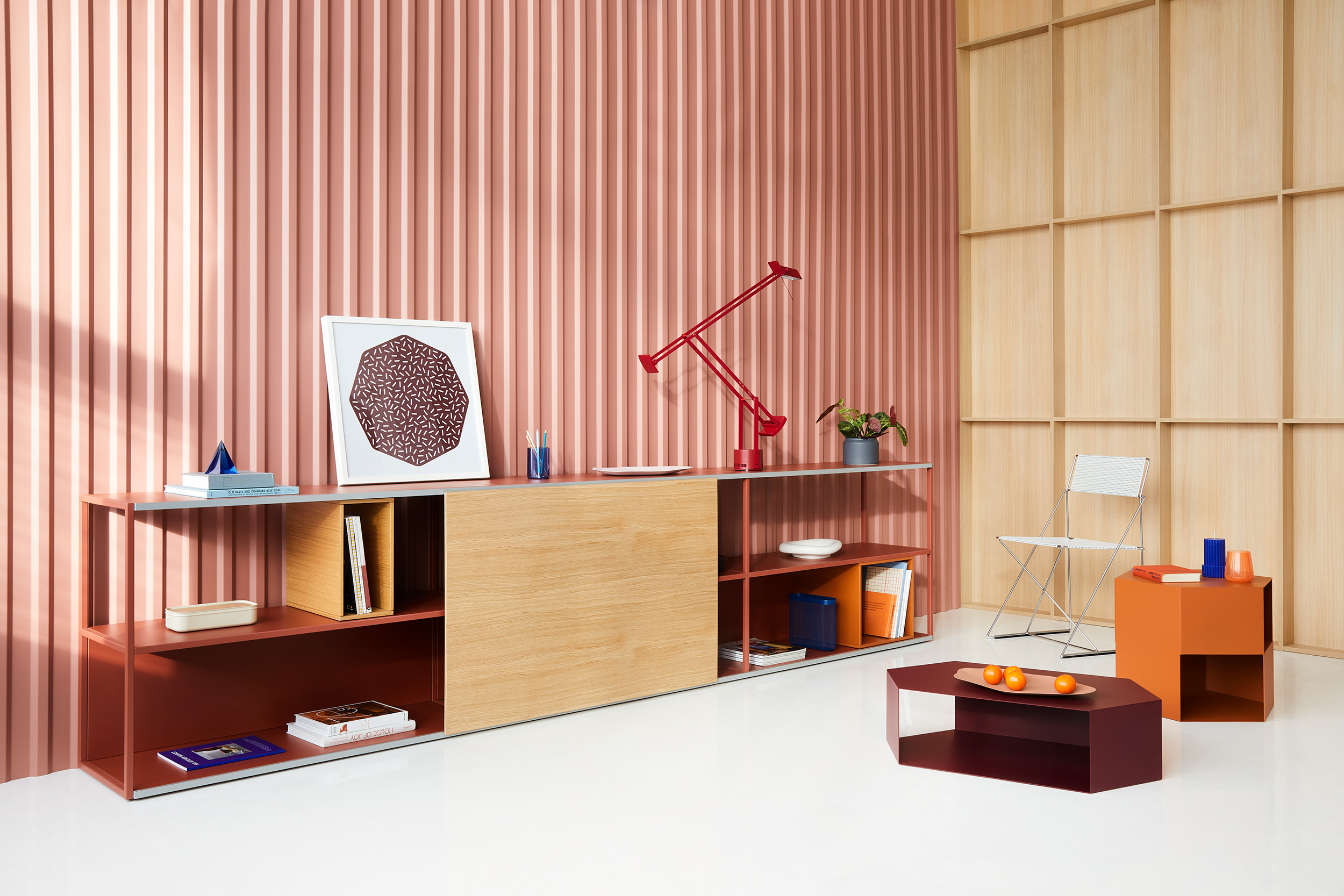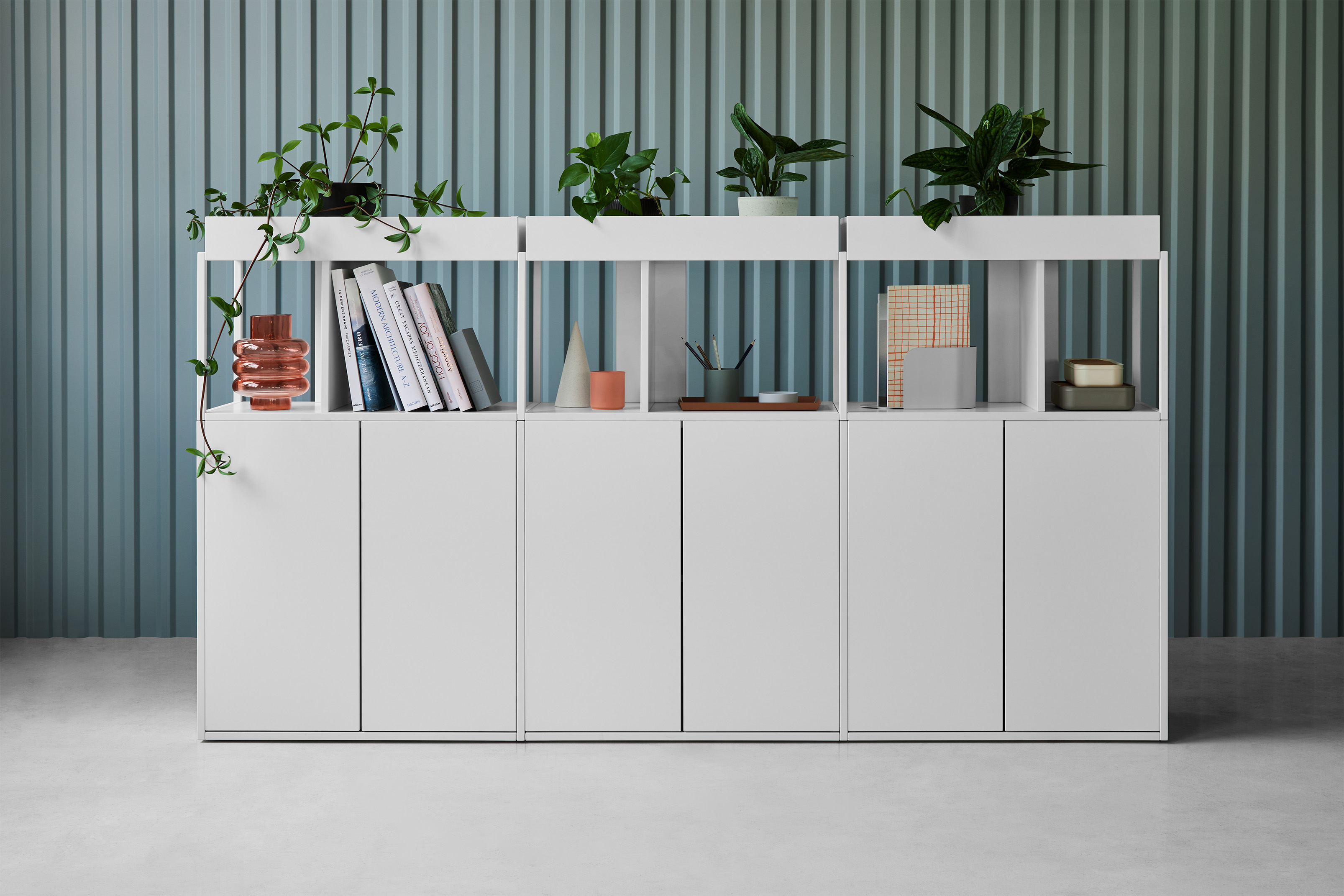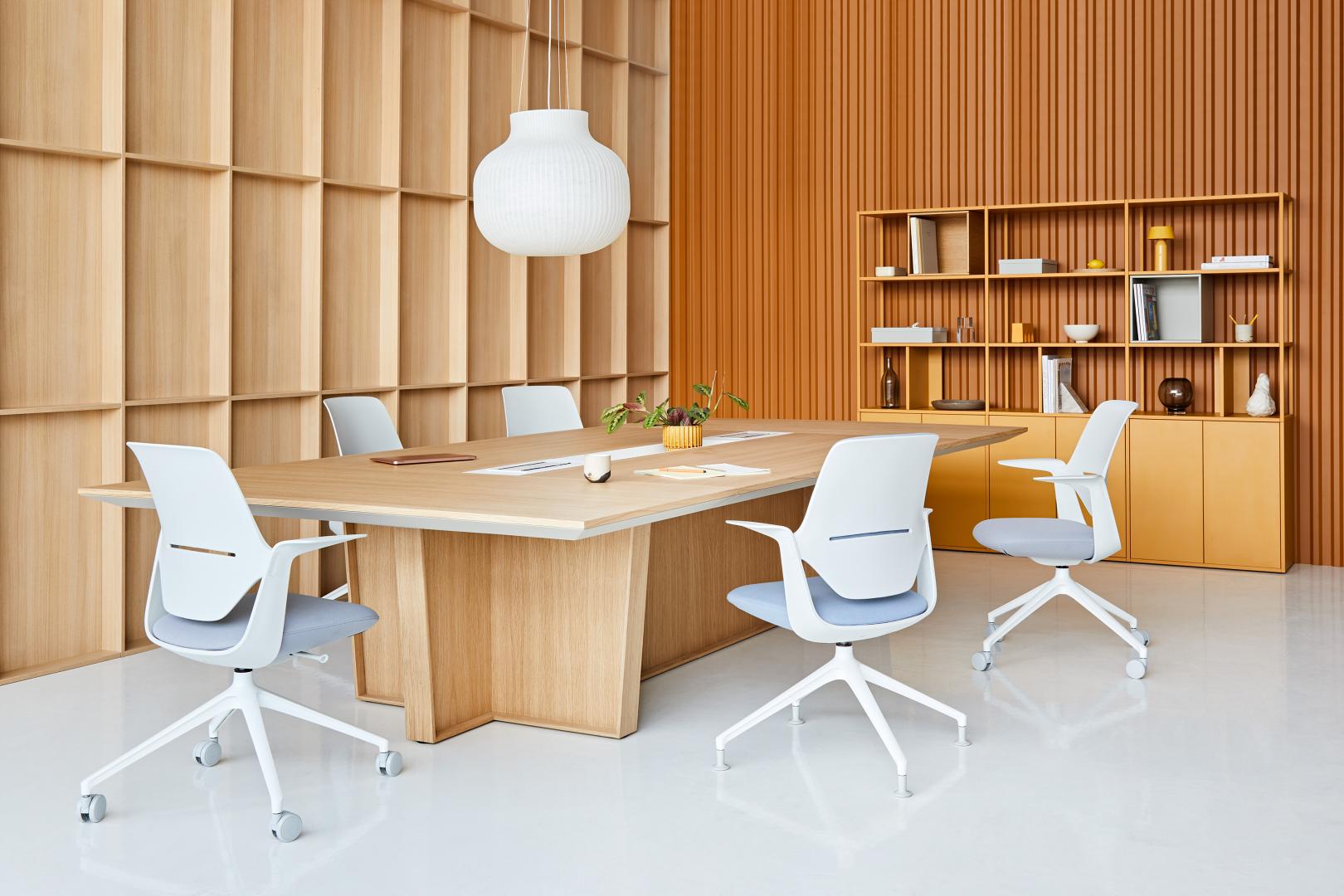Safety, satisfaction, and a sense of belonging – these are three fundamental human needs directly related to professional work. Addressing these needs through conscious and responsible wellbeing actions in organizations is crucial. It is undoubtedly worthwhile to actively strive to improve employee wellbeing. Researchers agree – a positive work environment benefits health, social relationships, and efficiency, which directly translates into organizational growth. This is confirmed not only by numerous studies but also by legal regulations.
Legal Standards
Directive 89/391/EEC outlines the employer's obligations to ensure the safety and health of workers in all aspects related to work, as well as to adapt work to the individual at the design stage of workplaces, the choice of equipment, and work methods. Article 207, paragraph 2 of the Labor Code states that the employer is obliged to protect the health and life of employees by ensuring safe and hygienic working conditions, appropriately using scientific and technical achievements.
Wellbeing at work
According to ISO 45003:2021, workplace wellbeing involves meeting the physical, psychological, social, and cognitive needs and expectations of employees related to work. The Gallup Institute identifies five elements of wellbeing: health (ergonomics, exercise, rest), meaning (a sense that what we do is meaningful), community (a sense of belonging to a group), relationships (connections with others), and finances (the ability to pursue passions and dreams).

Bbox acoustic booth, design: Piotr Kuchciński
Employee Needs
Employee needs are key in shaping the right atmosphere and efficiency at work. These needs can be divided into two main groups: physical and socio-organizational.
The first group includes issues related to the comfort of the work environment. Among these, office space plays an important role. A well-designed and functional workplace enhances efficiency and comfort during the performance of duties. Acoustics, which affect concentration and communication at work, are also significant. The presence of plants in the office not only improves the aesthetics of the space but also positively impacts employee health and wellbeing by reducing stress and improving the internal climate. Aspects such as appropriate temperature, air quality, and well-chosen lighting also significantly impact work comfort and employee health. Optimal thermal conditions can affect employee wellbeing and efficiency, while clean and well-ventilated air promotes health and concentration.
The second main group consists of the socio-organizational needs of employees. These include aspects such as work culture and organization, inclusivity, and leadership. Individual employee needs regarding interpersonal relationships, a sense of belonging to a team, and development opportunities are crucial for building motivation and engagement at work. Work culture, i.e., the set of values, norms, and behaviors prevailing in an organization, significantly impacts the atmosphere and work efficiency. Work organization should be adapted to employee needs, providing them with the right tools and support to accomplish tasks.
Inclusivity is another important element, ensuring equal opportunities and respecting employee diversity, which translates into better team relationships and greater work efficiency. Leadership plays a key role in shaping the atmosphere and organizational culture, becoming a role model and support for employees in achieving goals.
Wellbeing on a budget
Market experiences of companies that successfully adhere to sustainable development principles and incorporate wellbeing actions in their daily operations show that this can be done without large budgets. However, processes that change organizational culture are important. Examples? Setting clear, realistic, and regularly reviewed goals, involving employees in decision-making and simplifying processes, one-on-one meetings with management and implementing an "open door policy," internal mentoring – sharing knowledge and problems. Encouraging employees to take vacations, flexible working hours, and considering the personal situations of team members are also important. Ensuring message consistency, i.e., acting according to the values and principles declared, is crucial.

Stepps shelving unit, design: Piotr Kuchciński, Lumo side tables, design: Bogusz Jagiełło
Wellbeing experience in the domestic market
At the turn of 2023 and 2024, the Polish office furniture manufacturer Fabryka Mebli Balma conducted an internal survey of employee satisfaction and needs. The results clearly indicated that the organization's greatest assets are the team, job stability, and the furniture designed and produced by Balma. Care for the environment was also an important element for many employees. The vast majority of Balma employees feel safe within the organization's structure, highlighting aspects such as a good, family-like atmosphere, a cohesive team, job stability, the ability to create beautiful, high-quality products, reliability and quality as an employer, respect for employees, high work culture, timely remuneration, and learning and development opportunities. These results clearly show that people are the most valuable resource of the company, and their wellbeing is the highest value. Thus, effectively caring for employees translates into better product and service quality, and consequently customer satisfaction. Striving for sustainable organizational development by creating a friendly and inspiring work environment promotes creativity and comfort.
Positive organization
Wellbeing is an integral part of the so-called "positive organization," which builds workplace wellbeing and promotes a constructive atmosphere co-created by employees who contribute their personal resources. This, in turn, leads to improved efficiency and organizational development.
A positive organization seeks activities that put employees in a better mood. Pleasant events and small pleasures at work impact the mood of the entire day, cost little, and genuinely improve work comfort and satisfaction. Examples include shared meals, a small coffee break during the day, remembering coworkers' birthdays, informal kitchen conversations, a moment to relax in the relaxation room, a short walk during a break, or eating fruits instead of sweets – all depending on the specific organization.
Researchers have proven that mood at work is improved by other people – especially those with a positive disposition, activities requiring concentration performed alone, and activities related to personal development. Giving compliments, deservedly appreciating others, being asked for help, and a friendly space tailored to employees' needs also play a significant role.

Stepps shelving unit, design: Piotr Kuchciński
However, the most important is a healthy foundation by ensuring employee safety and the possibility of sustainable development. This constitutes a fundamental step in building a durable and effective business strategy that promotes the operational growth of the organization.
Author:
Magdalena Kaniewska – ESG Manager, Fabryka Mebli Balma SA
Graduate of Economics at the University of Economics in Poznań and postgraduate studies in Social Psychology and Positive Psychology at SWPS University. For nearly 20 years, she has been associated with PR, and then CSR/ESG. An optimist – in life, work, according to Gallup's talent survey.
Source: FOCUS ON Business

